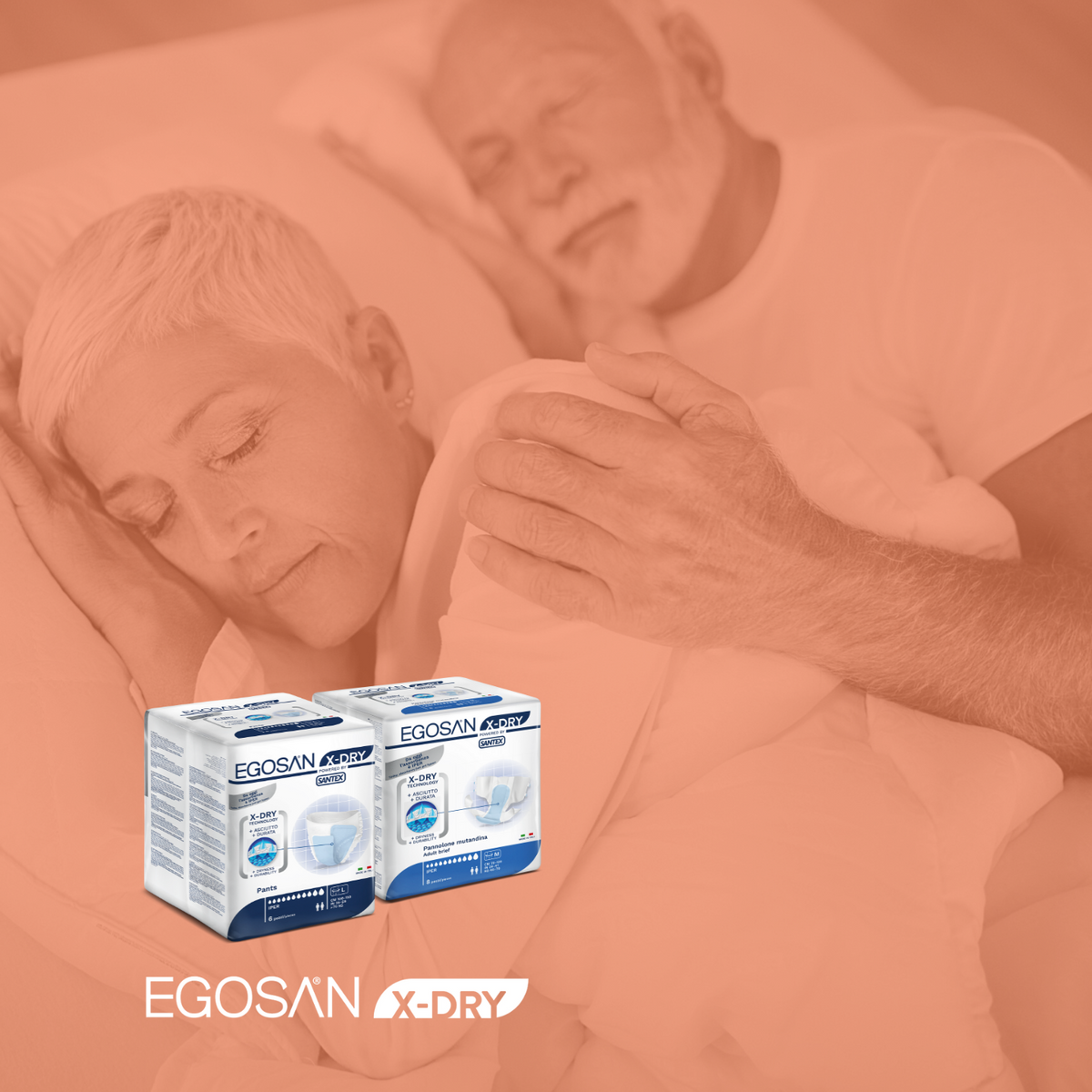Some Medications May Trigger or Worsen Cognitive or Incontinence Problems

Medications save lives and/or increase the quality of life for many people. Yet, there are few if any medications that have no side effects, many of which may negatively affect the brain or other organs of the body.
In fact, the National Institutes of Health (NIH) says there is evidence that some overactive bladder medications (OBMs) can cause issues that are similar to Alzheimer’s and may, in some cases, even contribute to triggering symptoms.
“Our study indicates an association between taking oxybutynin, solifenacin, and tolterodine and the subsequent diagnosis of dementia in DM patients. Moreover, the patients using oxybutynin had the highest risk.”
The NIH is not saying that you should stop taking these medications if you are on one, but their information does suggest that you may want to discuss this risk with your doctor. Perhaps there is a better choice for you.
Drugs that could induce or worsen incontinence
There might be other reasons related to incontinence that would make it wise to review medications, as well. According to USPharmacist.com, there are a number of drugs that can cause or exacerbate incontinence.
The website reports, “Pharmacologic agents including oral estrogens, alpha-blockers, sedative-hypnotics, antidepressants, antipsychotics, ACE inhibitors, loop diuretics, nonsteroidal anti-inflammatory drugs, and calcium channel blockers have been implicated to some degree in the onset or exacerbation of urinary incontinence.”
Again, no one, including the NIH, is suggesting that people should not take the potentially life-saving drugs listed. They are simply encouraging older adults, or caregivers of older adults, to make it routine for the doctors to regularly review all medications, many of which may have been prescribed years ago, to see if they could now be having negative effects on the patient’s health.
Remember that everyone reacts differently to medications so side effects may affect one person but not another. This is where risk/benefit comes into play whenever a new drug is prescribed.
Incontinence problems after beginning a new medication?
As with all significant side effects, incontinence after starting a new prescription should be mentioned to your doctor in case there is a better choice for you. Chances are since a physician prescribed it for a reason, she will say that this is a small price to pay for the benefit to you of this particular drug. However, significant side effects should always be reported to the prescribing physician.
So, what if the drug is effective but causes or worsens incontinence?
Most likely you will need to accept that managing incontinence is now a manageable part of your life and then you get on with it. There are discrete, effective products that you can wear while continuing to do what you normally do. Browse Internet sites so that you can learn more about the differences between products. Experiment by trying different levels of protection to see what works for you. No need to be embarrassed. With a little time to adjust your attitude toward incontinence, you will discover that incontinence is an inconvenience, not the end of your world as you know it. Let us know if Egosan can help.
***
Discover the Difference. EGOSAN - the Top-Rated incontinence brand from Italy. Now Available on Amazon.




